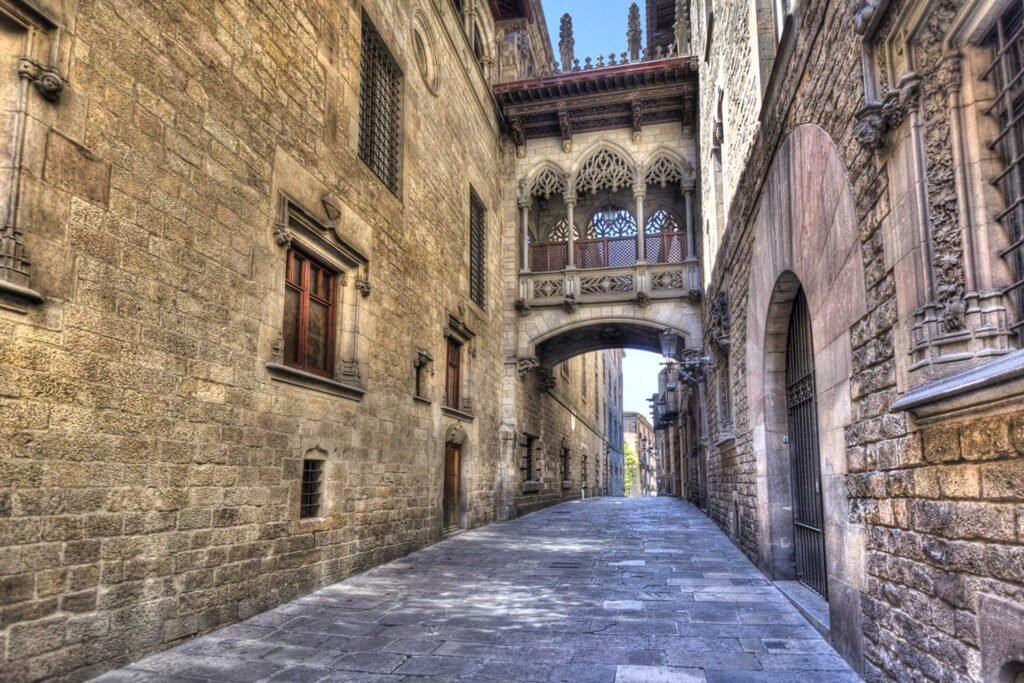History of Barcelona
Barcelona is a city with a rich and fascinating history that stretches back over 2,000 years. From its Roman roots to its modern-day status as a hub of culture and commerce, Barcelona has played an important role in the development of Spain and the wider world. In this article, we will explore the history of Barcelona and its place in the world.


